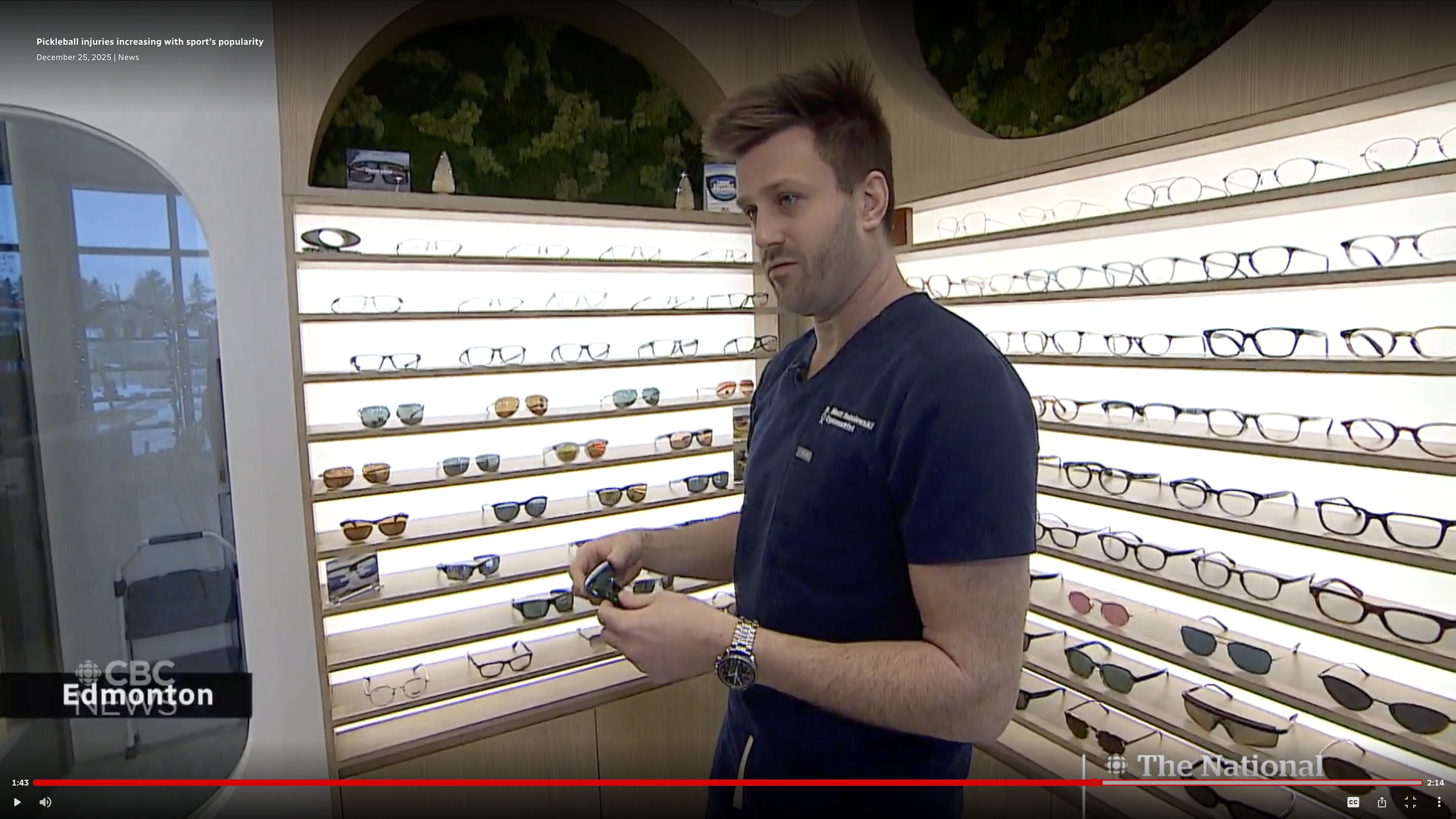Is Crossing Your Eyes Bad?
What Can Happen If you Cross Your Eyes For Too Long?
Most people have heard that if you cross your eyes for too long, they will stay that way. But is that true, or did your mom not want you to do it? Is crossing your eyes bad for you, or is it just another eye care myth?
In this blog post, we'll explore what could happen if you cross your eyes for too long and whether or not it's something to be concerned about.
Why Can We Cross Our Eyes?
Ever wonder why we can cross our eyes? It turns out that this clever trick is made possible by our eye muscles. These muscles work in pairs to control the movement of our eyes, and they're very strong!
Your eye muscles are 100 times more powerful than they need to be and are the strongest muscles in the human body. In fact, they're so strong that they can override our brain's signals telling them to stop moving. That's why we can force our eyes to cross, even though it's not something that happens naturally.
In total, six extraocular muscles move the eyeball. These muscles are named the superior rectus, inferior rectus, lateral rectus, medial rectus, superior oblique, and inferior oblique.
So the next time you're feeling silly and decide to cross your eyes, remember that you're using muscles that are much stronger than you think!
Can Crossing My Eyes Damage My Vision?
Crossing your eyes can be a fun party trick, but some people worry that it might damage their vision or stay like that. However, crossing your eyes is generally not harmful and will not cause any lasting damage to your vision.
That being said, crossing your eyes can lead to eyestrain and headaches. Eyestrain occurs when your eyes are forced to work harder than they normally would, and it can cause various symptoms, including fatigue, blurred vision, and headaches.
Crossing your eyes will also not damage your vision to the point of needing eyeglasses.
So crossing your eyes occasionally is nothing to worry about. Just don't make a habit of it!
Can Crossing your eyes make them stay like that?
Crossing your eyes for fun will not cause them to stay like that. This is a common eye care myth.
A turned eye is known as strabismus, which is sometimes referred to as a lazy eye. It's usually secondary to an inherited genetic trait or an asymmetry in your eyes prescription. But it can also be caused by an injury or other trauma to the eye. In some cases, strabismus may be temporary, but in others, it can be permanent.
Strabismus is a condition in which the eyes do not align properly. As a result, the eyes may point in different directions, or one eye may turn in while the other turns out. Strabismus can occur at any age, but it is most common in young children.
Strabismus is a fairly common eye condition affecting about 4% of the population or about 1 in 20 people. It's probably one of the reasons why the myth of crossing your eyes started in the first place.
How Common is Strabismus when compared to other well known medical conditions.
Although strabismus is a common eye care condition, it's also very serious. Strabismus needs to be addressed by an optometrist and sometimes an ophthalmologist as soon as possible. A crossed eye can lead to permanent vision loss if not detected and treated early.
Pediatric Eye Care in Edmonton
Occasionally crossing your eyes will not harm them; this is, in fact, a common eye care myth. Crossed eyes are usually secondary to a genetic trait, asymmetric prescriptions between your eyes, or an injury or trauma. Although we don't recommend turning your eyes in for an extended period as it can cause eye fatigue and strain and may lead to a headache. We always say, "Cross Your T's, Not Your Eyes."
If you or one of your children has a turned eye, we recommend booking an eye exam with one of our optometrists. Our eye doctors can provide an in-depth kids eye examination to help determine the cause and treatment options available.











